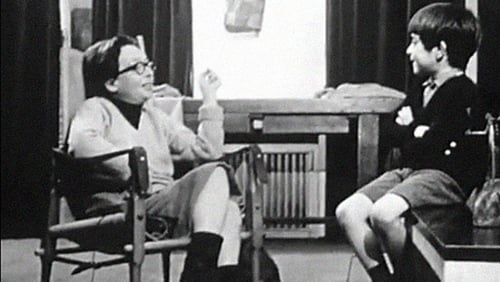
Writer
During World War II, a woman aboard a railroad car full of deportees slips French railway worker Julien a note with an address and a simple message: "I am alive, and I love you," and he decides to track down the intended recipients. When he finds the woman's Jewish family, he is inspired to do what he can to protect them from the Nazi atrocities.

Director
During World War II, a woman aboard a railroad car full of deportees slips French railway worker Julien a note with an address and a simple message: "I am alive, and I love you," and he decides to track down the intended recipients. When he finds the woman's Jewish family, he is inspired to do what he can to protect them from the Nazi atrocities.

Director

Director
While Camille refuses Perdican's advances, she takes offense when he courts Rosette. Then begins a confrontation of pride, where each seeks to establish his ascendancy over the other in the name of love.

Director
Двое любовников встречают красивую чернокожую женщину, после чего начинается их жизнь втроем…

Director
A failed actress sinks into neurosis and mythomania. To give relief to her dismal existence, she engages in all kinds of activities ranging from false testimony to occasional prostitution.

Director

Director
Broadcast once a month, Dim Dam Dom was a TV variety show on the second channel of French public television agency ORTF made up of a series of short sequences presented by one–off guest presenters. On the 30th of April 1965, Marguerite Duras interviewed François, a little seven-year old boy. Duras asked him what he thought about the inventions of the future, school, the usefulness of TV, "Belphégor" and talking horses. Francois answered the writer’s cunning questions with humour, candour and poetry.

Director
Examines the work and contributions of the French photographer Henri Cartier-Bresson, considered to be the father of modern film journalism.





